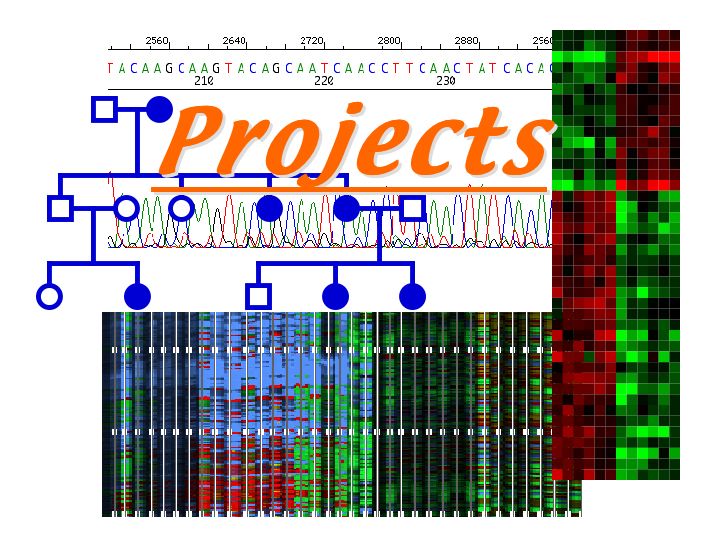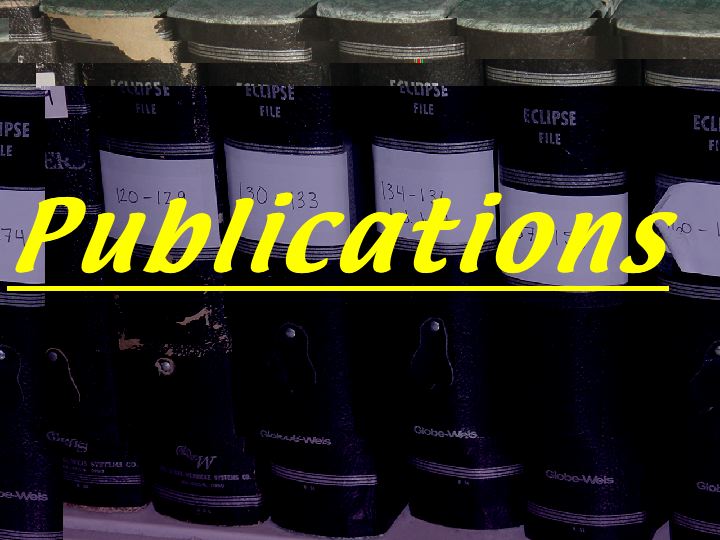My research at the King Lab is focused on the genetic predisposition to breast cancer in Ashkenazi-Jewish "mystery families". A "mystery family" is one with a large number of breast and ovarian cancer but with wild type sequence of the BRCA1 or BRCA2 genes. Together with Tom Walsh I am trying to look for cryptic mutations in the BRCA1 and BRCA2 genes, which cannot be detected by conventional sequencing, and for new mutations in other candidate genes. To identify cryptic mutations we are using the FLASH technology (Fosmid Library, Allele Separation, and Haplotyping). This technology involved multiple steps; construction of a fosmid library for the probands of mystery families, identification of fosmids carrying BRCA1 and BRCA2 genes, fingerprinting of these fosmids to identify large deletions or rearrangements in these genes. To identify mutations that predispose for breast cancer in genes other than BRCA1 and BRCA2 I will haplotype the proximal area of candidate genes in the healthy Ashkenazi-Jewish population and in the probands of the ~1000 breast cancer families to identify haplotypes that are significantly higher among the breast cancer population. My assumption is that any gene important to breast cancer in the Ashkenazi-Jewish population is likely shared in multiple families due to founder effect. Under this assumption the group of breast cancer probands that carry the same allele in a proximal area of a candidate gene may also carry a common mutation in this gene. This group of probands will be fully sequenced for this gene. Using this approach I can detect both severely penetrant genes like BRCA1 and BRCA2 and genes of modest penetrance like CHEK2.



